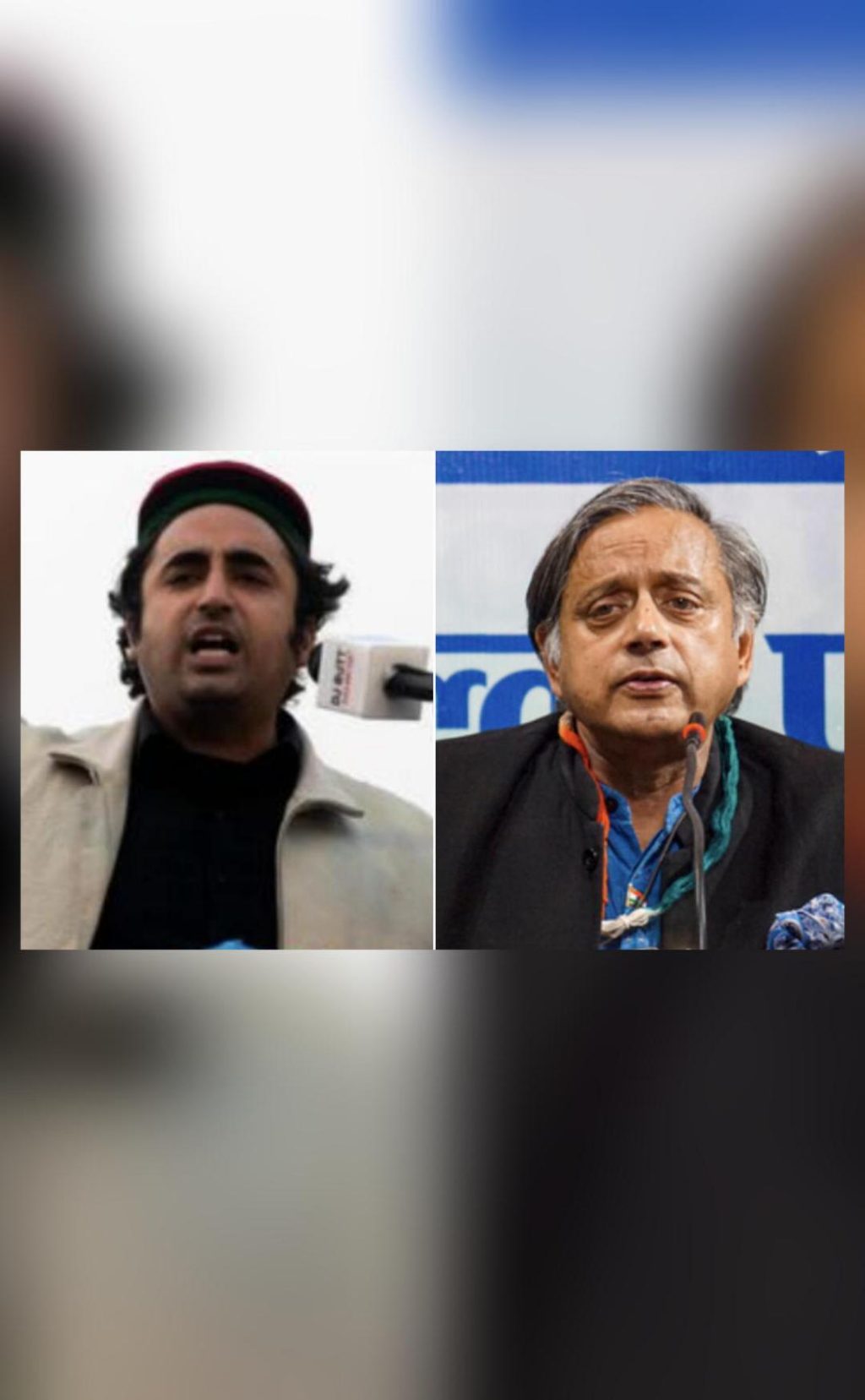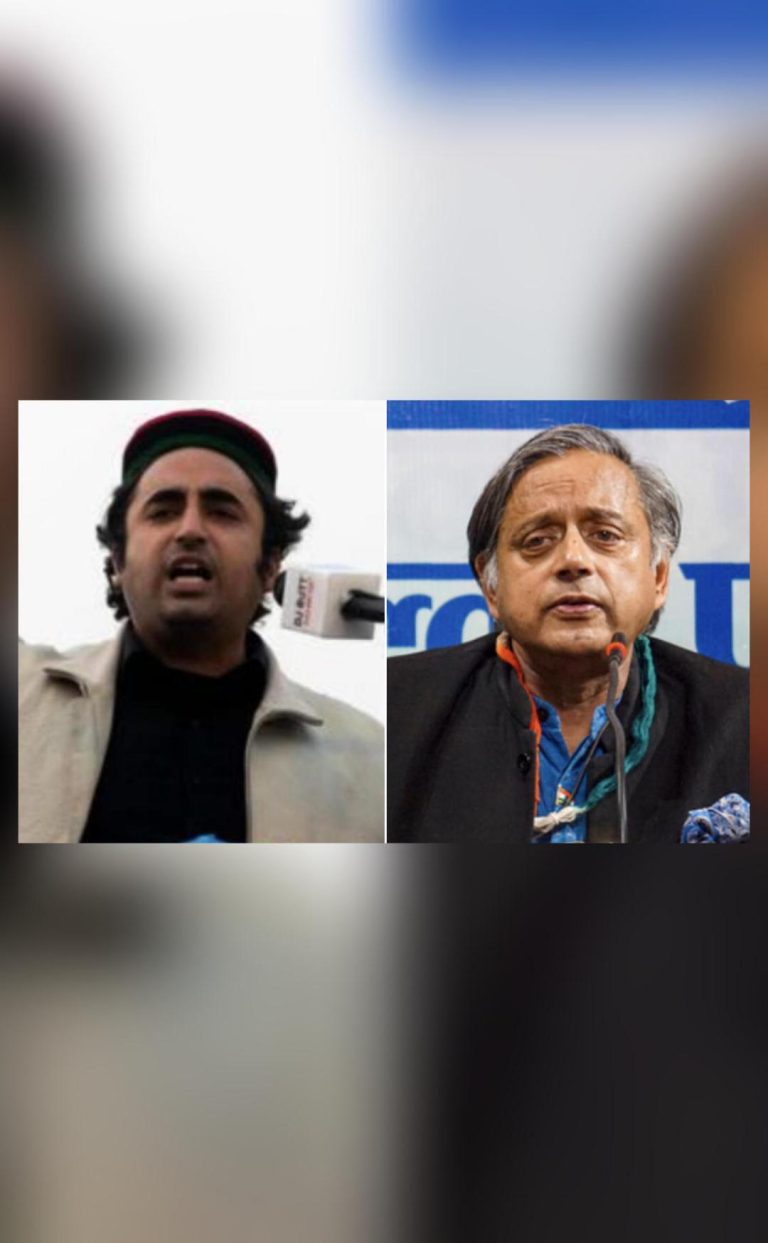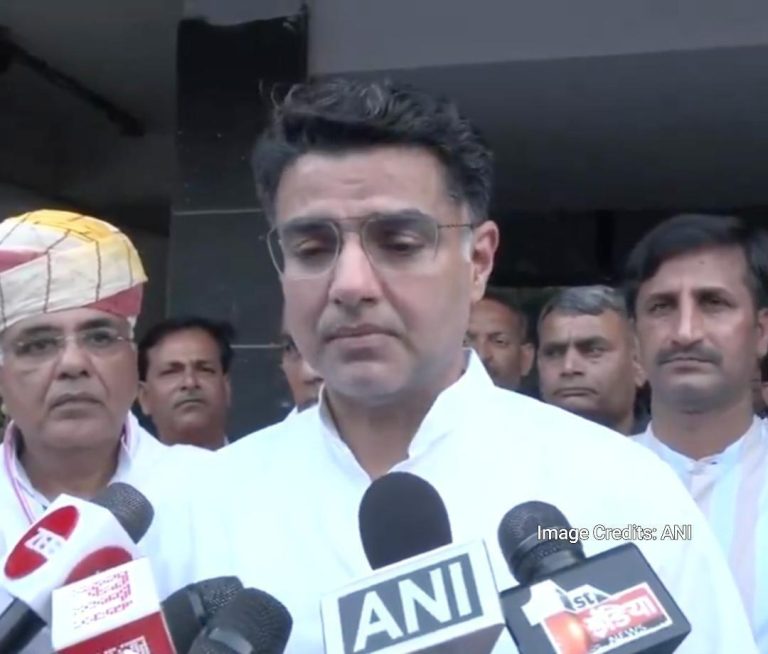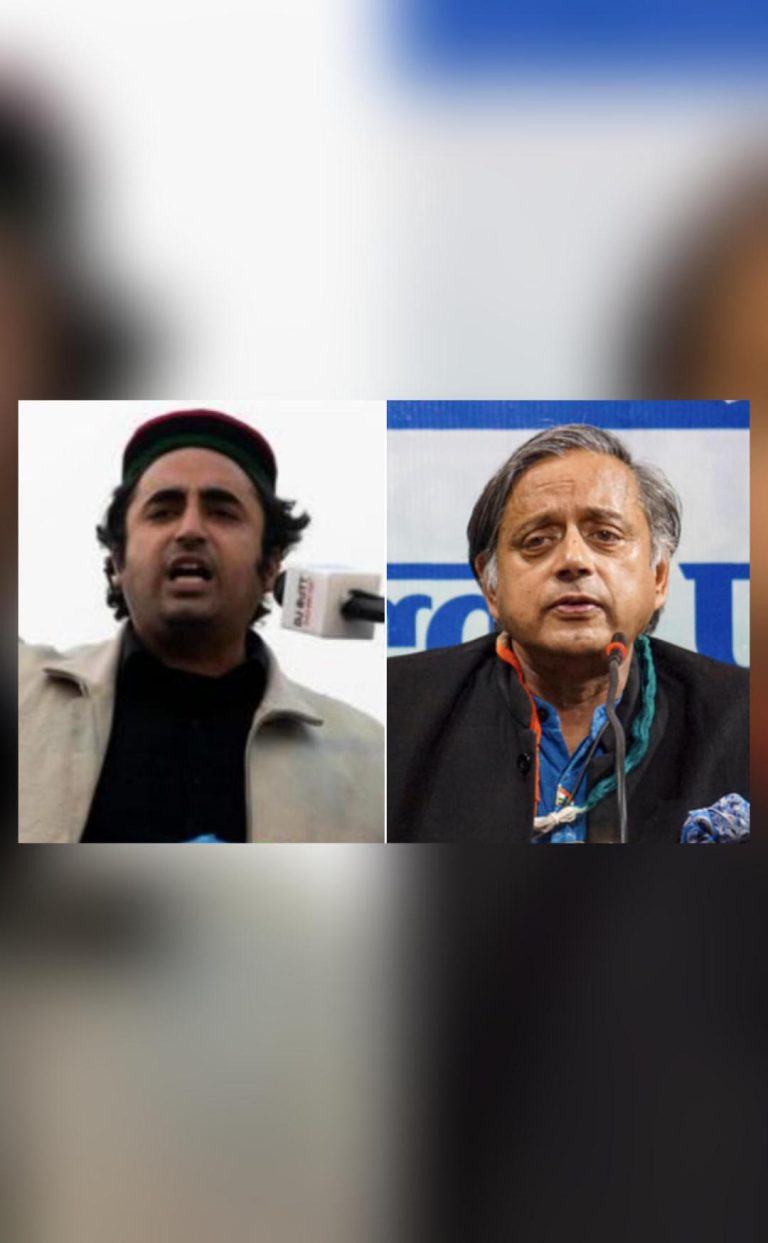
Just Inflammatory Rhetoric: Tharoor on Bilawal Bhutto’s Remark
The ongoing tensions between India and Pakistan have taken a new turn, with Pakistani politician Bilawal Bhutto-Zardari making a provocative remark on India’s decision to suspend the Indus Waters Treaty. In response, Congress MP Shashi Tharoor has called Bhutto’s remark “just inflammatory rhetoric”, urging Pakistan to understand that they cannot kill Indians with impunity.
The Indus Waters Treaty, signed in 1960, is a vital agreement between India and Pakistan that governs the sharing of water resources of the Indus Basin. However, the recent Pahalgam attack, which left several Indian soldiers dead, has led to a renewed sense of hostility between the two nations. In response, India has suspended the treaty, citing Pakistan’s failure to take action against terrorist groups operating from its soil.
Bilawal Bhutto-Zardari, the Chairman of the Pakistan Peoples Party and a prominent leader in Pakistan, responded to India’s decision by saying that the country would not be intimidated by India’s actions. He also threatened to take the matter to the International Court of Justice, stating that Pakistan would not accept India’s “aggressive” and “expansionist” policies.
However, Congress MP Shashi Tharoor has dismissed Bhutto’s remark as “just inflammatory rhetoric”, urging Pakistan to adopt a more constructive approach to resolving the issue. In an interview, Tharoor said, “Pakistanis have to understand they simply can not kill Indians with impunity. If blood is going to flow, it will flow possibly more on their side.”
Tharoor’s statement is a stark reminder of the high stakes involved in the ongoing conflict between India and Pakistan. The Pahalgam attack was a brutal reminder of the devastating consequences of terrorism, and it is essential that both countries take concrete steps to prevent such incidents in the future.
The Indian government’s decision to suspend the Indus Waters Treaty is a significant move, and it is crucial that Pakistan takes it seriously. The treaty is not just a piece of paper; it is a vital agreement that has governed the sharing of water resources between the two countries for over six decades.
Pakistan’s response to India’s decision has been lukewarm, with the government saying that it would take the matter to the International Court of Justice. However, this approach is unlikely to yield results, given the complexity of the issue and the lack of trust between the two countries.
Tharoor’s statement is also a reminder of the need for Pakistan to take concrete steps to prevent terrorism on its soil. The country has been plagued by terrorist attacks for years, and it is essential that the government takes a more proactive approach to addressing this issue.
In conclusion, Bilawal Bhutto’s remark is just the latest example of inflammatory rhetoric in the ongoing conflict between India and Pakistan. It is essential that both countries adopt a more constructive approach to resolving the issue, and that Pakistan takes concrete steps to prevent terrorism on its soil.
As Tharoor said, “Pakistanis have to understand they simply can not kill Indians with impunity. If blood is going to flow, it will flow possibly more on their side.” It is time for Pakistan to take a more responsible approach to the conflict, and to work towards a peaceful resolution that benefits both countries.



